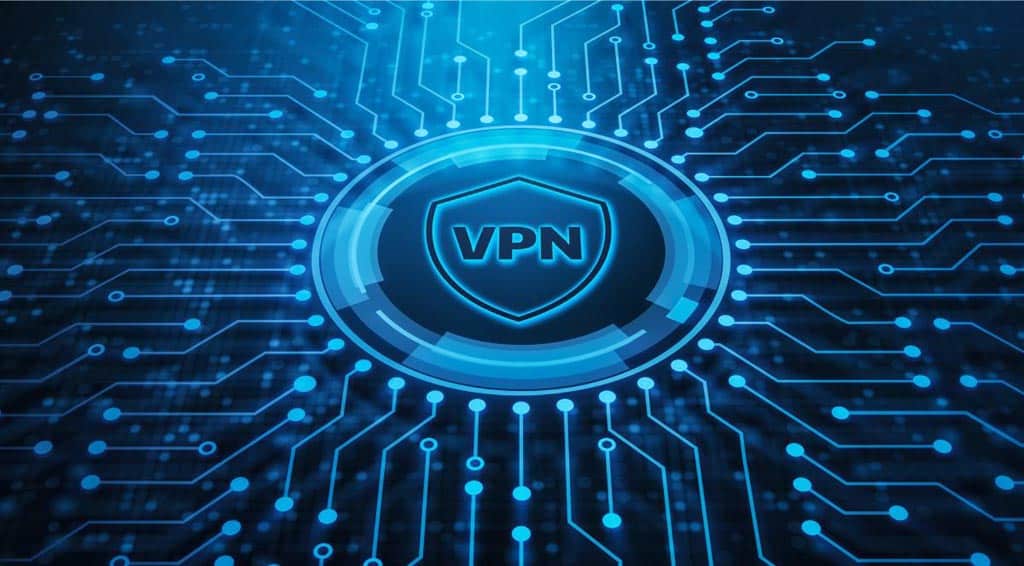The original intent of VPNs was to connect different sites of a company using their Internet connections instead of purchasing dedicated, leased, point-to-point connections between them or something like ISDN. So this protected all the data sent between the two sites and enabled companies with different offices to share files and other resources inexpensively.
The next use of VPN technology was to expand the original model to include mobile devices, which, at the time, were largely laptops. I could install a piece of connection software on my laptop, which would enable you to use my Internet connection to connect to the same documents and internal resources as my internal colleagues.
Uses of a VPN

There are several uses for VPNs:
There were two ways to use the laptop-type VPN connection: Plain or Split Horizon. In Split Horizon, any data destined for the corporate network goes through the VPN connection. Anything destined for somewhere else, like the Internet, would use your regular internet connection. In the plain model, the VPN connection becomes your sole connection out of the device, so all data is sent across the VPN to your corporate office and then goes out through their internet connection.
It’s this latter usage of VPNs that spurred the current usage model. You see, if everything you’re sending out of your laptop goes through the VPN, a few interesting things happen:
The first of those is that there is a security benefit. If you’re using something like a public wifi connection, everything you send is going out over the wifi. If it’s an open wifi connection, everything is sent in the clear.
Yeah, the websites you’re trying to access might use TLS encryption, but anyone could still see where you’re going and may be able to hijack your connection altogether.
They can also use that connection to attack your machine directly and see whether it can be compromised. If they can get into your machine, that would not be good. But if you’re using a VPN, and it’s not using Split Horizon, then while they can see that you’re talking to someone, they can’t see the content or the ultimate destination of that conversation.
They also have no way to attack you directly because even if they send a packet to your machine, your machine isn’t listening and can’t respond. No foothold means increased security.
The second is the idea of obfuscation. If you use that VPN, the company can see where you are going, but nobody else can. So if you’re trying to hide where you’re going, this is an option. In theory, this could be used to subvert suspicious spouses or governments’ attempts to see where you’re going.
Moreover, it’s a little more complicated in reality than that, especially with governments. For example, they can just block all access to the VPN service and prevent you from getting there at all, or they could order the VPN Company to provide them with the information they want. In an age where people seem to be increasingly paranoid about other people “finding their IP addresses,” which really doesn’t matter nearly as much as they think, VPN companies have made a killing because even the website is only going to know the IP address of the VPN company, not yours.
